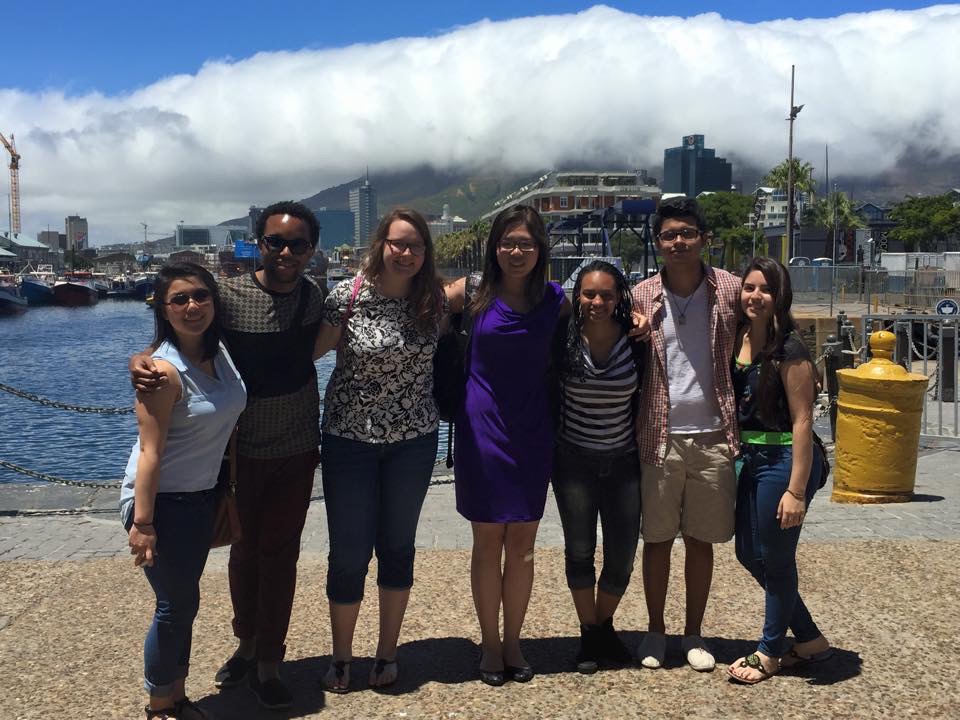In this section, you will see two major essays, their revisions and reflections.
1. Rhetorical Analysis
This assignment will require you to use an important part of your scholarly skill set: Critical Thinking. It addresses Student Learning Outcome (SLO) #1: “Identify and explain the role rhetorical appeals and the rhetorical triangle can play in non-fiction print and/or multimodal texts.” and SLO #5: “Demonstrate knowledge of writing as a process, including consideration of peer and/or instructor feedback, in one or more pieces of writing from initial draft to final revision.”
Select a non-fiction source (print based or image based) and write a 1000-1250 (±) word Toulmin-style rhetorical analysis of it. You will want to be comprehensive in your analysis. You may want to consider the 3 parts of Aristotle’s Rhetorical Triangle, as well as the 6 (possible) parts of a Toulmin-style Analysis (We’ll talk about both of these types of analysis very soon!)
To get started you might want to consider the questions on pages 54 and 55 and the public service ads on pages 86-89 in The Academic Writer, your blue book.
Grading Criteria
When I grade your essay I look for the following:
- A concise and descriptive title.
- A clear and focused analysis. (Note, this will be your thesis for the paper. Not necessarily a thesisstatement in the first paragraph, but I should understand your analysis by the time I finish reading your paper.)
- Evidence of a clear understanding of the various parts of argument according to the Toulmin Analysis. Use of Toulmin vocabulary. You should mention all six parts of the argument by name, whether you find them in your source or not.
- Clear organization of your material into coherent paragraphs.
- Clear, error-free writing.
- A Corectly formatted Works Cited page and in-text citations for your source.
2. Exploring My World: RESEARCH PAPER
This assignment continues to address important skills: research and your ability to engage with other scholars about a topic. It will require you to continue to formulate a thesis about your exigent topic. You will summarize and synthesize sources and join the conversation yourelf. It addresses
- Student Learning Outcome (SLO) #2 “Create and sustain across one or more pieces of writing a focused research question that responds to an exigent issue, problem, or debate.”
- SLO #3, “Compose cogent, research-based arguments, in print-based and/or multimodal texts, for specialist and/or non-specialist audiences.” and
- SLO #4 Locate, accurately cite (through summary, paraphrasing, and quoting) and critically evaluate primary and secondary sources.”
After discussing your research proposal in tutorial, you will develop an argument using your Working Thesis as a starting point. You will summarize and synthesize the sources you found for your Annotated Bibliography to engage in a conversation, supporting your final thesis in a 2000-2500 word research paper arguing for your thesis.
You have been exploring an exigent topic for a few weeks by reading what other scholars have to say. Now it’s time for you to join the conversation. How has your research informed and influenced your opinion? Do you have the same opinions you began with? (It’s okay if you don’t. Sometimes our ideas change after we learn more about a topic.) Now, by virtue of your own careful study and research, you, too, are a scholar. Welcome to the conversation! It’s time for you to engage with these other scholars. Where do you agree with others’ arguments? Where do you disagree? What else do you have to say? You may use evidence from some of your sources to support your thesis. You may use rebuttal to dispute claims of other sources. Use 8-10 sources in total. These can be from your Annotated Bibliography, or the two Critical Responses (the synthesis response and the find a new source response) as well as any new sources you find.
- A concise and descriptive title.
- A clear and focused thesis. (Not necessarily a thesis statement in the first paragraph, but I should know what your thesis is by the time I finish reading your paper.)
- Clear discussion of your topic and attention to the assigned question.
- Clear summary and syntheses of your sources.
- Thoughtful analysis in support of your opinion.
- Clear organization of your material into coherent paragraphs.
- Clear, effective, expressive, error-free writing.
- Correct MLA format, including a Works Cited page and in-text citations. (Note that you don’t need the explanations for your citations for this paper.)

